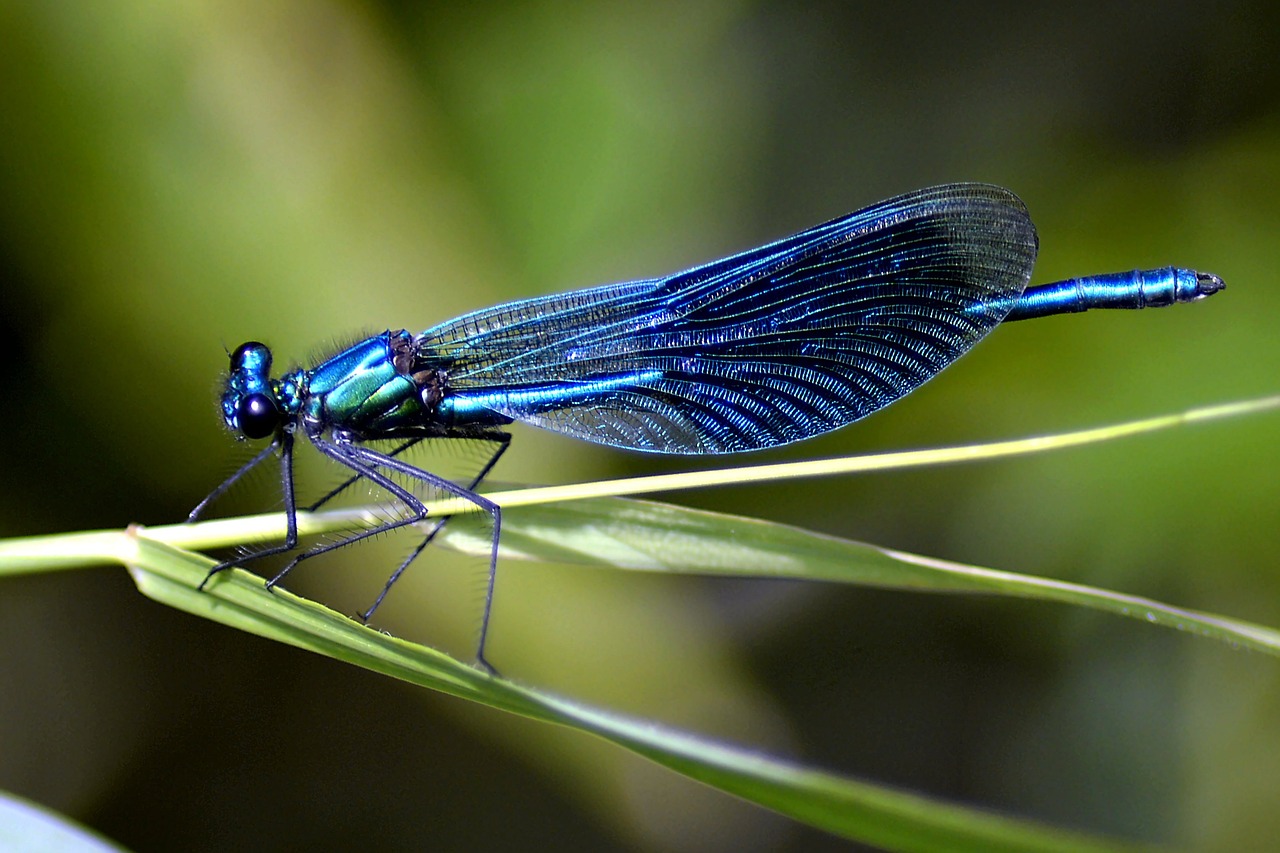From Laurence Freeman OSB, “The Power of Attention,” THE SELFLESS SELF (London: DLT, 1989), pp. 31-35.
There has always been a great danger, but one that exists especially for us today in our self-conscious and narcissistic society, of mistaking introversion, self-fixation, self-analysis, for true interiority . . . . To be truly interior is the complete opposite of being introverted. In the awareness of the indwelling presence our consciousness is turned around, converted, so that we are no longer, as we have habitually been doing, looking at ourselves, anticipating or remembering feelings, reactions, desires, ideas, or daydreams. [W]e are turning towards something else. And that is always a problem for us.
It would be easier, we think, to turn away from introspection if we knew what we were turning towards. If only we had a fixed object to look at. If only God could be represented by an image. But the true God can never be an image. Images of God are gods. To make an image of God is merely to end up looking at a refurbished image of ourselves. To be truly interior, to open the eye of the heart, means to be living within the imageless vision that is faith, and that is the vision that permits us to “see God.” In faith, attention is controlled no longer by the spirits of materialism, self-seeking and self-preservation, but by a New Spirit which is by its nature dispossessive. It is always letting go and continuously renouncing the rewards of renunciation, which are very great and so all the more necessary to be returned.
There is no more crucial challenge than entering the experience of remaining other-centered. It is the ecstatic and continuous state of dispossession. We can glimpse it simply by calling to mind those moments or phases in life where we experienced the highest degree of peace, fulfillment and joy and recognize that those were times, not when we possessed anything, but when we lost ourselves in something or someone. The passport into the kingdom requires the stamp of poverty.
After meditation: Stanza 7 from “October” by Mary Oliver in NEW AND SELECTED POEMS (Boston: Beacon Press, 1992), p. 62.
Sometimes in late summer I won’t touch anything, not
the flowers, not the blackberries
brimming in the thickets; I won’t drink
from the pond; I won’t name the birds or the trees;
I won’t whisper my own name.
One morning
the fox came down the hill, glittering and confident,
and didn’t see me—and I thought
so this is the world.
I’m not in it.
It is beautiful.
Image by Daniel Borker from Pixabay




